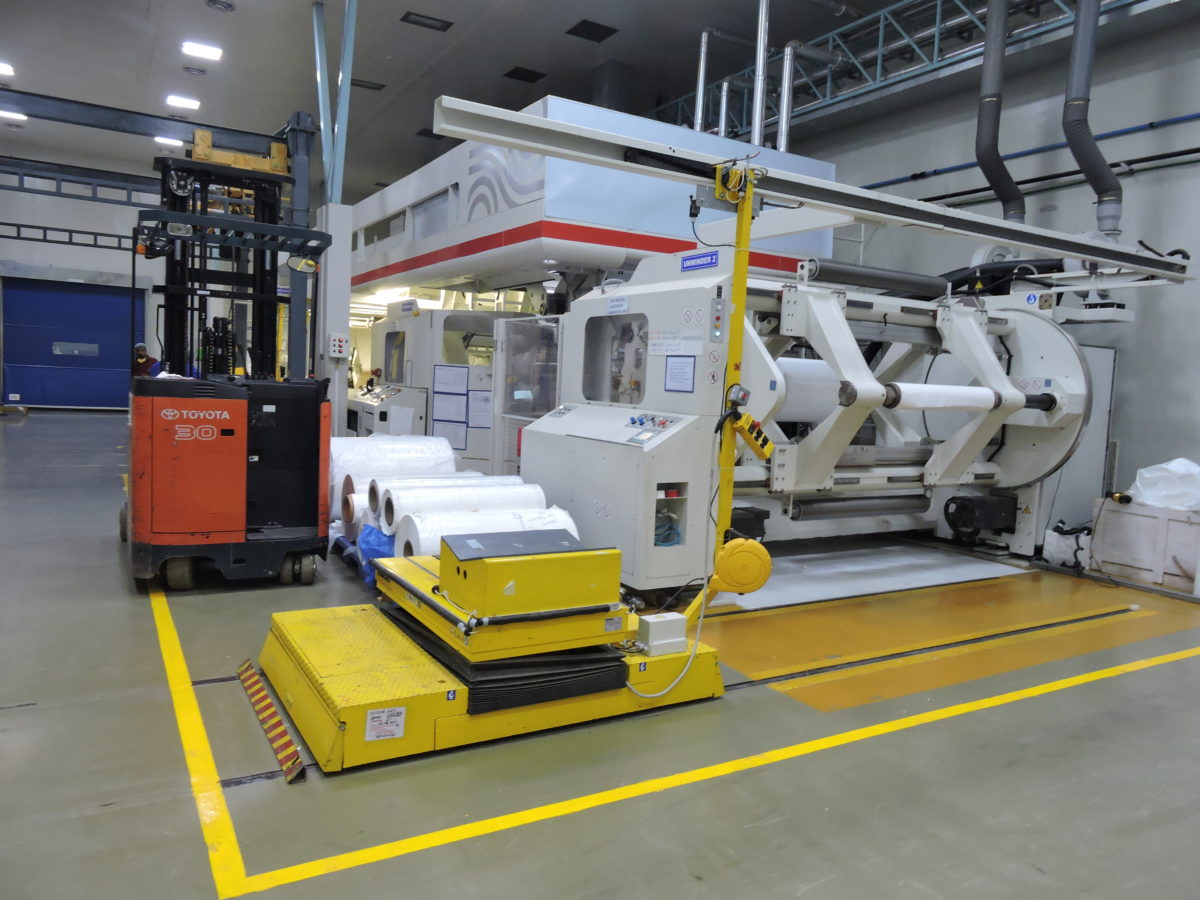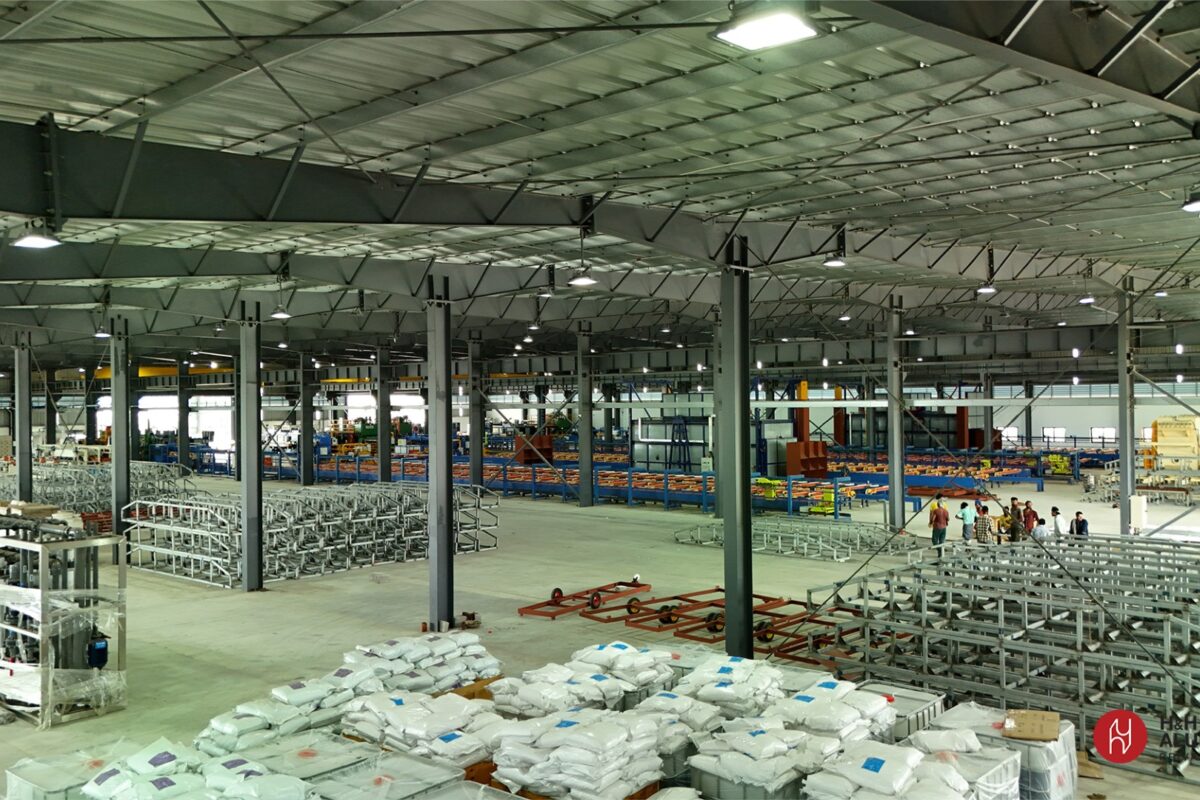Solar manufacturer Renewsys India has announced plans to increase its solar cell encapsulant annual manufacturing capacity to 3 GW. The company, which currently boasts 1.65 GW of encapsulant production lines, will also expand its backsheet output, from 3 GW to 4 GW.
Renewsys CEO Avinash Hiranandani said: “The Indian solar industry is growing at a steady pace. However, to be competitive, we need indigenous manufacturing to keep up with global advances in technology in both the PV module and PV component manufacturing areas. The encapsulant and backsheet components of a module have a significant role in the performance and life of solar modules. Our investments in technology, R&D and capacity expansion will help India and Renewsys maintain the foothold we have established as a key player in the global market.”
Solar cell encapsulants such as ethylene-vinyl acetate (EVA) and polyolefin elastomer (POE) sheets are polymer-based components used in PV modules to seal in solar cells by supplying adhesive and cushioning functions. The sheets are essential components that keep the glass, cells and backsheets integrated and support modules mechanically.
Renewsys claims to be India’s largest producer of indigenously-formulated encapsulants and backsheets and says it is among the top five manufacturers worldwide. Its Bengaluru factory has supplied around 9 GW of encapsulants and backsheets since opening in 2012. The plant also boasts India’s only NABL [National Accreditation Board for Testing and Calibration Laboratories]-accredited encapsulant and backsheet testing facility.
This content is protected by copyright and may not be reused. If you want to cooperate with us and would like to reuse some of our content, please contact: editors@pv-magazine.com.









By submitting this form you agree to pv magazine using your data for the purposes of publishing your comment.
Your personal data will only be disclosed or otherwise transmitted to third parties for the purposes of spam filtering or if this is necessary for technical maintenance of the website. Any other transfer to third parties will not take place unless this is justified on the basis of applicable data protection regulations or if pv magazine is legally obliged to do so.
You may revoke this consent at any time with effect for the future, in which case your personal data will be deleted immediately. Otherwise, your data will be deleted if pv magazine has processed your request or the purpose of data storage is fulfilled.
Further information on data privacy can be found in our Data Protection Policy.